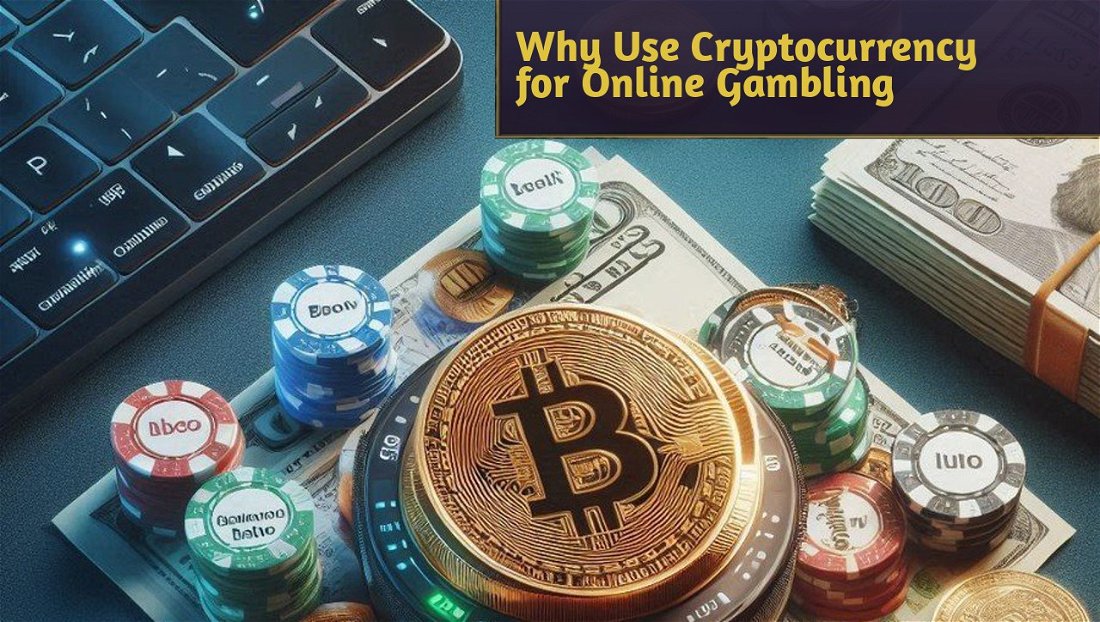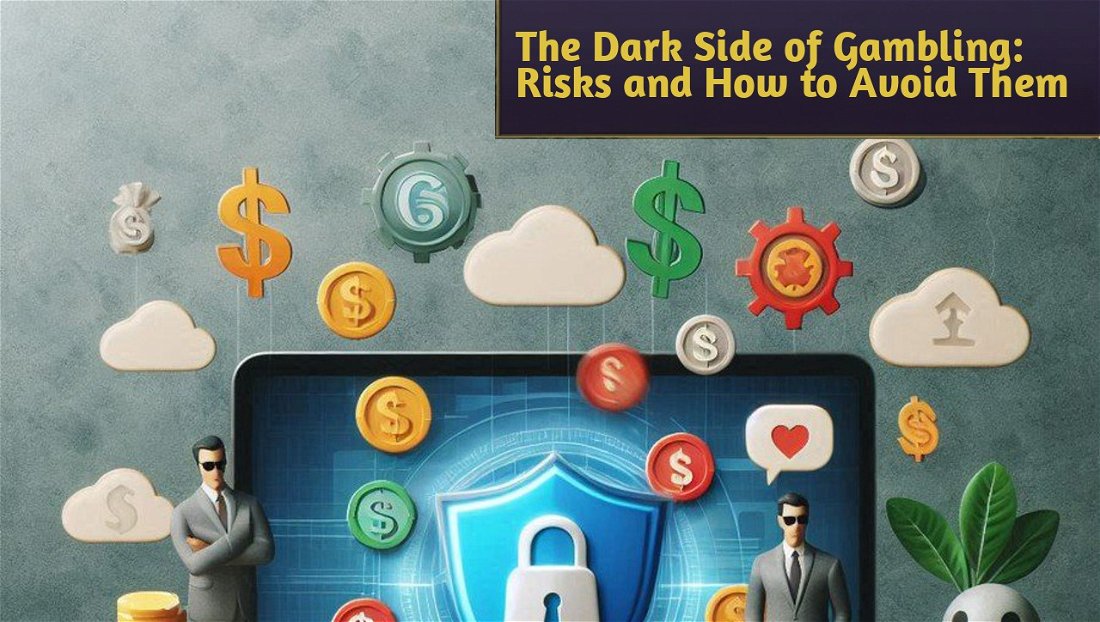Ever wonder why we're drawn to the thrill of gambling? It's not just about the chance to win big — instead, a whole psychology behind it drives our behavior. In this article, we explore the psychology of gaming.
We'll discover why we play, what motivates us, and how understanding these factors can help us become better players and increase our chances of winning. So, grab your favorite drink, settle in, and explore the mind games behind gambling together!
The Motivations Behind Gambling
The players of reputable sites like Stake Casino and the gambler community often highlight these main motivations.
Seeking Thrills and Excitement
Gambling is not just about winning money. The excitement is also energizing and engaging. No matter what the game is: slot machines, roulette, or poker, the element of chance and unpredictability adds an undeniable thrill.
The colorful graphics, immersive sound effects, and engaging gameplay contribute to the entertainment value and keep players hooked for hours.
It's a form of entertainment that offers instant gratification and endless possibilities. It makes gaming a popular pastime for millions worldwide.
Connecting with Others
These days, gaming provides a unique opportunity for social interaction and connection. Virtual casinos and online platforms offer chat features, multiplayer games, and live dealer options. All these features allow gamers to interact with friends, family, and even strangers from around the globe.
Whether it's sharing a laugh over a big win, commiserating over a loss, or strategizing together to beat the odds, the social aspect of gaming adds a whole new dimension to the experience. It's a way to stay connected with others, build relationships, and share common interests while enjoying the game's thrill.
A Temporary Reprieve
Life can be stressful, and gambling offers a temporary escape from the pressures and responsibilities of everyday life. Whether it's a demanding job, relationship issues, or financial worries, online casinos can provide a virtual sanctuary where players can forget their troubles and focus on the game.
Immersive online gambling allows players to lose themselves in excitement and possibility. It's a chance to take a break from reality, unwind, and recharge, even if just for a few fleeting moments.
Financial Gain
Of course, one of the primary motivations behind gaming is the potential for financial gain. Gamers can win a progressive jackpot, beat the odds in a poker tournament, or cash out big on a sports bet. Anyway, the allure of striking it rich is undeniable.
While the chances of hitting the jackpot may be slim, the possibility of a life-changing windfall keeps players coming back for more. This tempting prospect fuels dreams of wealth and success and drives players to push their luck and test their skills to pursue that elusive payday.
The Role of Dopamine and Rewards
When you win at gambling, your brain releases a neurotransmitter called dopamine. This chemical is responsible for pleasure and reward. It can create a sense of euphoria and satisfaction. It's like a natural high that keeps you coming back for more.
The Dark Side of the Reward System
However, dopamine doesn't just make you feel good when you win; it also plays a crucial role in addiction. When you engage in activities that trigger dopamine release, such as gaming, your brain craves more of that pleasurable sensation. Over time, this can lead to compulsive behavior and addiction.
The Anticipation of Rewards
Even when you're not winning, the anticipation of rewards can be just as powerful. The thrill of chasing a big jackpot or the excitement of a near-miss can keep you hooked, even when the odds are stacked against you. This anticipation activates the brain's reward system and drives you to continue playing, hoping to hit it big.
The Influence of Cognitive Biases
● The Illusion of Control
The illusion of control is widespread in gambling. It’s when you think you have more control over the outcome of a game than you do.
For example, you might think that using a particular strategy or lucky charm will increase your chances of winning, even though the outcome is purely random.● Going with What's Familiar
Another cognitive bias is the availability heuristic, which involves decisions based on what comes to mind most easily.
For instance, if you've recently won a few hands of poker, you might overestimate your skills and underestimate the role of luck in future games.● Gambler's Fallacy
The gambler's fallacy is the mistaken belief that past events can influence future outcomes in games of chance.
For example, if you've lost several rounds of roulette in a row, you might believe you're "due" for a win and bet more money to try to recoup your losses.● Playing Smart
To counteract these cognitive biases, you should approach online gambling with a clear mind and a rational mindset. Take breaks when needed, and avoid impulsive decisions based on emotions or gut feelings. Remember, in gambling, as in life, luck is unpredictable, and there's no foolproof strategy for success.
4 Strategies for Responsible Gambling
#1 Set Limits
Setting limits on time and money spent on gambling is a good idea.
Set a budget for each session and stick to it, even if you're on a winning streak. Knowing when to stop can help prevent impulsive and reckless behavior.
#2 Monitor Behavior
You should monitor your behavior regularly to ensure it remains enjoyable and within healthy limits.
Keep track of how much time and money you spend on gambling, and be honest with yourself about any negative consequences it may have on your life.
#3 Seek Support
If you struggle to control your habits or experience negative emotions related to gambling, don't hesitate to reach out for support.
Many resources and support services, including helplines, counseling, and support groups, are available to provide assistance and guidance.
#4 Importance of Self-Awareness
Self-awareness is critical to responsible gambling. Take the time to reflect on your motivations for gambling and how it affects your life.
Conclusion
In conclusion, you should understand the psychology behind online gambling to make informed decisions and maintain control over your gambling habits. Remember to play responsibly and set limits. With the right approach, gambling is a fun thing!






— 评论 0
成为第一个发表评论的人